Community Storytelling: Sharing Experiences After A Hurricane
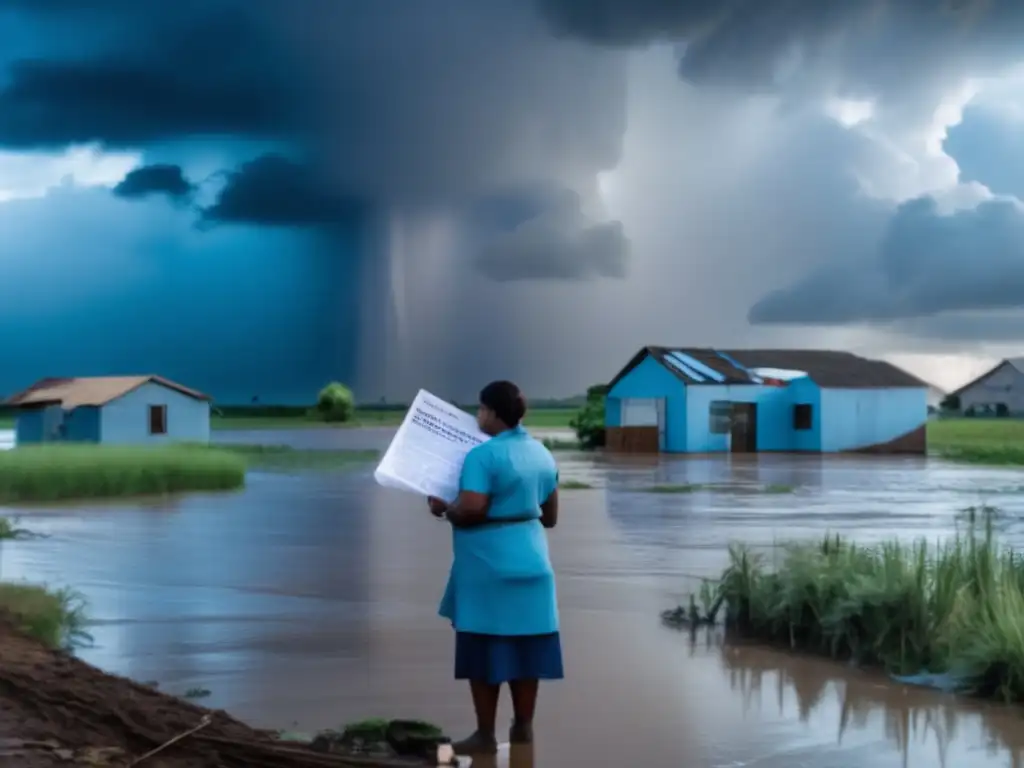
Community Storytelling: Sharing Experiences After a Hurricane
Introduction
When a hurricane hits, it can cause widespread devastation and destruction, affecting communities in its path. Survivors are left to pick up the pieces and rebuild their lives. In the aftermath of a hurricane, people may feel a range of emotions, including fear, loss, and uncertainty. However, one thing that can help survivors cope is sharing their experiences with others.
In this article, we will explore the power of community storytelling after a hurricane. We will look at how sharing stories can help survivors process their experiences and find healing. We will also provide tips on how to start and facilitate community storytelling sessions and discuss their importance in hurricane-prone areas.
Why Community Storytelling Matters
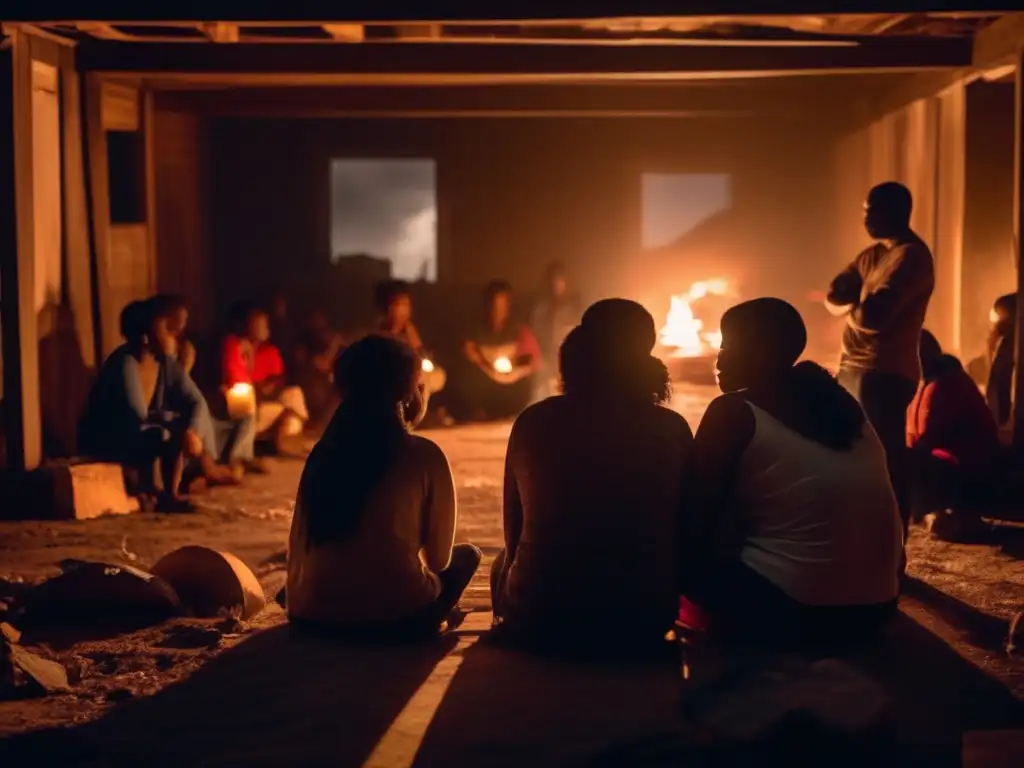
The Healing Power of Storytelling
Storytelling has been used as a form of therapy for centuries. When we share our experiences with others, we not only feel heard and understood, but we also create connections and build empathy. After a hurricane, survivors may feel isolated and alone in their experiences. By telling their stories, they can find solace and support from others who have gone through similar situations.
Studies have shown that storytelling can have a positive effect on mental health. It can reduce symptoms of anxiety and depression and improve overall well-being. In fact, some mental health professionals have incorporated storytelling into their treatment plans.
Preserving Community History
Sharing stories after a hurricane is not just about personal healing. It's also about preserving community history. Hurricanes can have a significant impact on a community's culture and way of life. By documenting and sharing these experiences, we can learn from them and prevent future tragedies.
Inclusive Communication
Community storytelling sessions can also promote inclusive communication. Survivors from different backgrounds and experiences can share their stories and gain insight into each other's perspectives. This leads to a deeper understanding of the impact of hurricanes on different communities and helps to build empathy and collaboration in the recovery process.
How to Start Community Storytelling Sessions
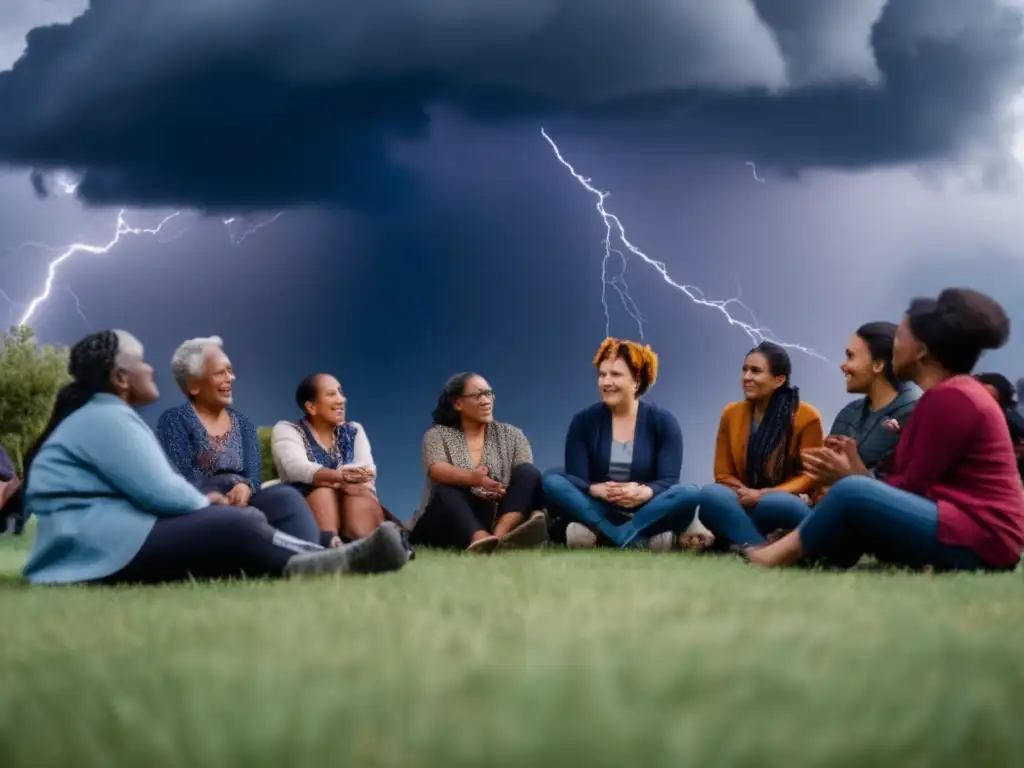
Find a Safe Space
The first step in starting community storytelling sessions is to find a safe and inclusive space where survivors feel comfortable sharing their stories. This could be a community center, church, or even someone's home. Make sure the space is private and free from distractions.
Invite Participants
Reach out to local organizations and individuals who may be interested in participating in community storytelling sessions. This could include mental health professionals, community leaders, or even local businesses. Encourage participants to bring a friend or family member for support if they feel comfortable doing so.
Create a Structure
It's important to create a structure for the storytelling session to ensure that everyone has a chance to speak and be heard. You may want to have a facilitator who can help guide the conversation and create a safe space for participants. Consider using a talking stick or other object that can be passed around to indicate who is speaking.
Encourage Active Listening
Listening is just as important as speaking in community storytelling sessions. Encourage participants to actively listen to each other's stories without interrupting or judging. This creates a safe and supportive environment where survivors can feel heard and validated.
Provide Support and Resources
Make sure to provide resources and support for participants after the storytelling session. This could include mental health resources, community rebuilding efforts, or even just a list of local support groups.
The Importance of Community Storytelling in Hurricane-Prone Areas
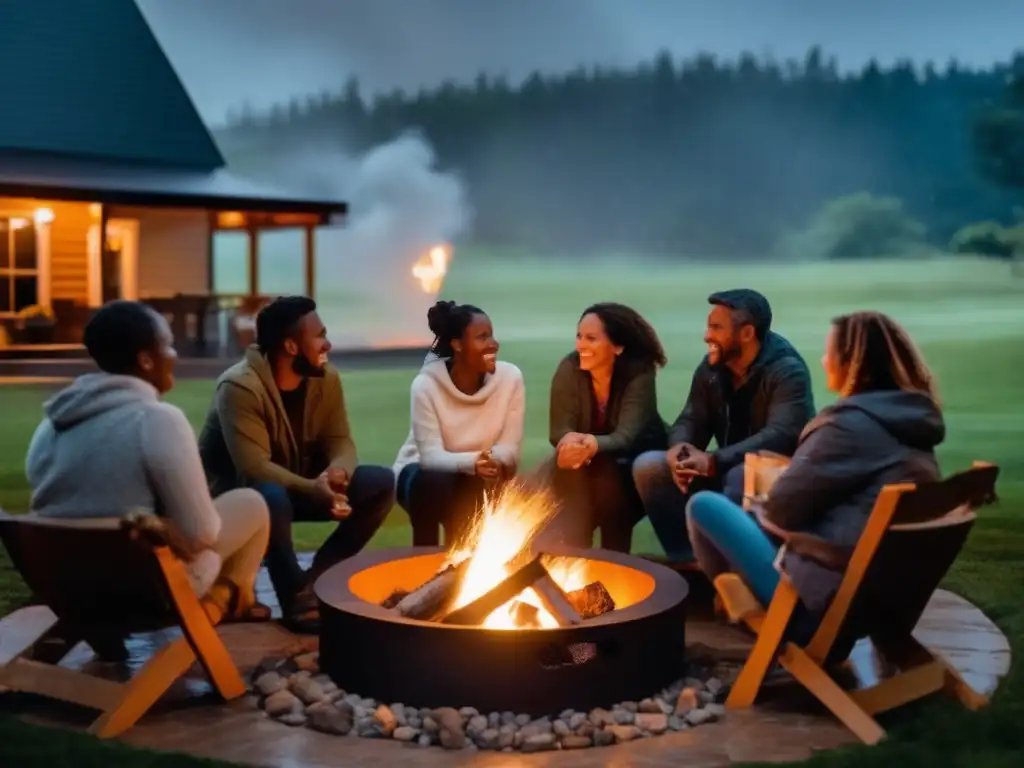
Community storytelling sessions are especially important in hurricane-prone areas. Hurricanes can have a long-lasting impact on communities, both physically and emotionally. By sharing their stories, survivors can find a sense of closure and move forward with the recovery process.
In addition, community storytelling sessions can help to build resilience and preparedness in hurricane-prone areas. By documenting and sharing experiences, communities can learn from past hurricanes and be better prepared for future disasters.
Frequently Asked Questions
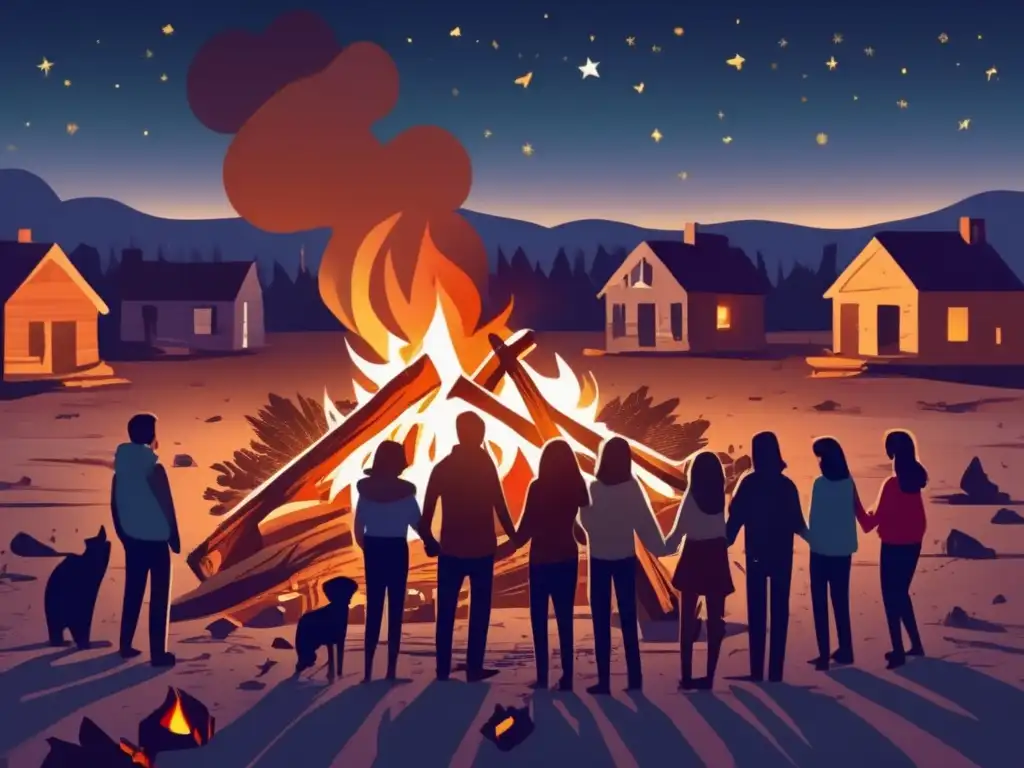
-
Can storytelling really help with mental health after a hurricane?
Yes, storytelling has been shown to have a positive effect on mental health, including reducing symptoms of anxiety and depression and improving overall well-being.
-
What should I do if someone gets emotional during a community storytelling session?
It's important to create a safe and supportive space for participants. Encourage active listening and provide resources and support if someone becomes emotional.
-
How can I find a community storytelling session near me?
Reach out to local organizations or check online for community storytelling events in your area. You can also consider starting your own community storytelling group.
-
What is the benefit of inclusive communication during community storytelling sessions?
Inclusive communication promotes empathy and collaboration among survivors from different backgrounds and experiences. It leads to a deeper understanding of the impact of hurricanes on different communities.
-
What resources should I provide after a community storytelling session?
Resources could include mental health resources, community rebuilding efforts, or local support groups. Make sure to tailor the resources to the needs of your participants.
Conclusion
Community storytelling sessions can be a powerful tool for hurricane survivors to find healing and support. By sharing their experiences, survivors can create connections with others and promote empathy within their communities. Community storytelling also helps to preserve community history and promote inclusive communication. In hurricane-prone areas, these sessions are especially important for building resilience and preparedness.
We encourage readers to reach out to local organizations and start their own community storytelling groups. Remember to create a safe and supportive space, invite participants from diverse backgrounds, facilitate active listening, and provide resources and support after the session. Together, we can create a more resilient and connected community.
Additional Resources
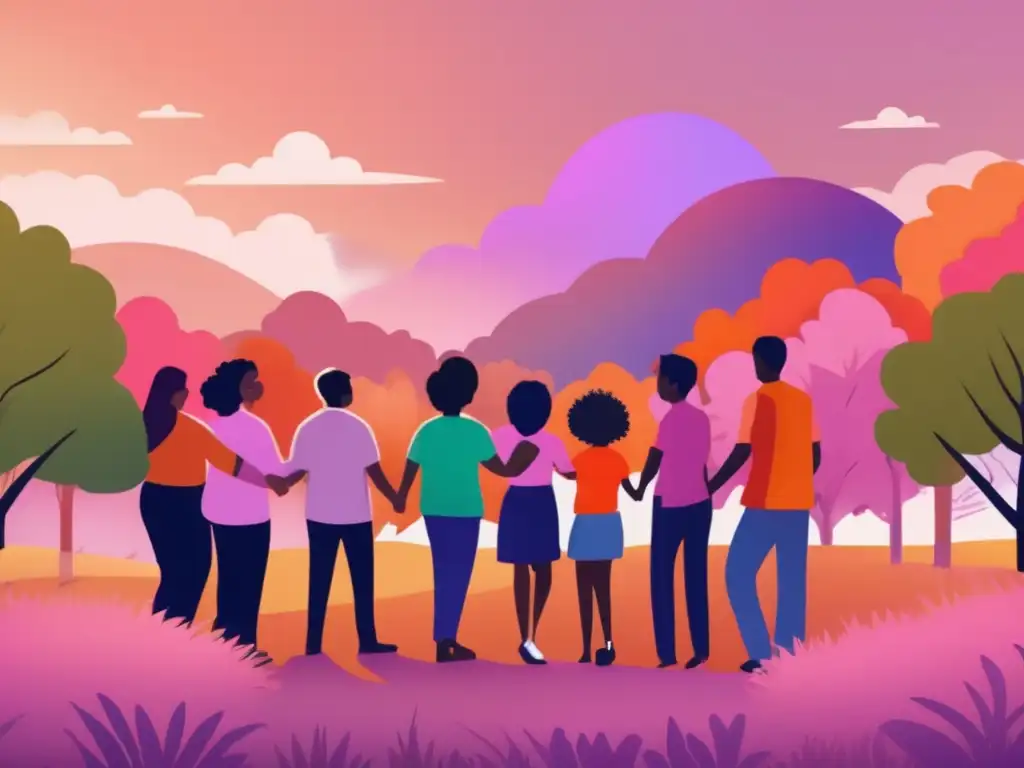
 The Economic Impact And Recovery Of A Community Post-Hurricane
The Economic Impact And Recovery Of A Community Post-Hurricane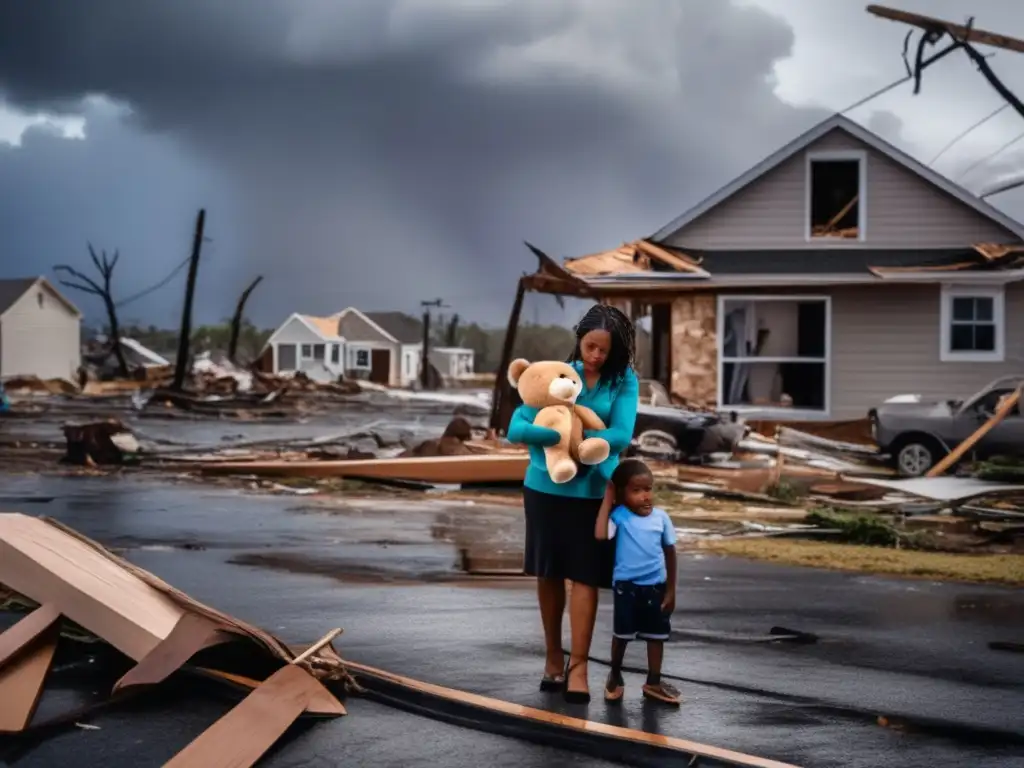 Foster Care And Adoption Needs Following A Hurricane
Foster Care And Adoption Needs Following A Hurricane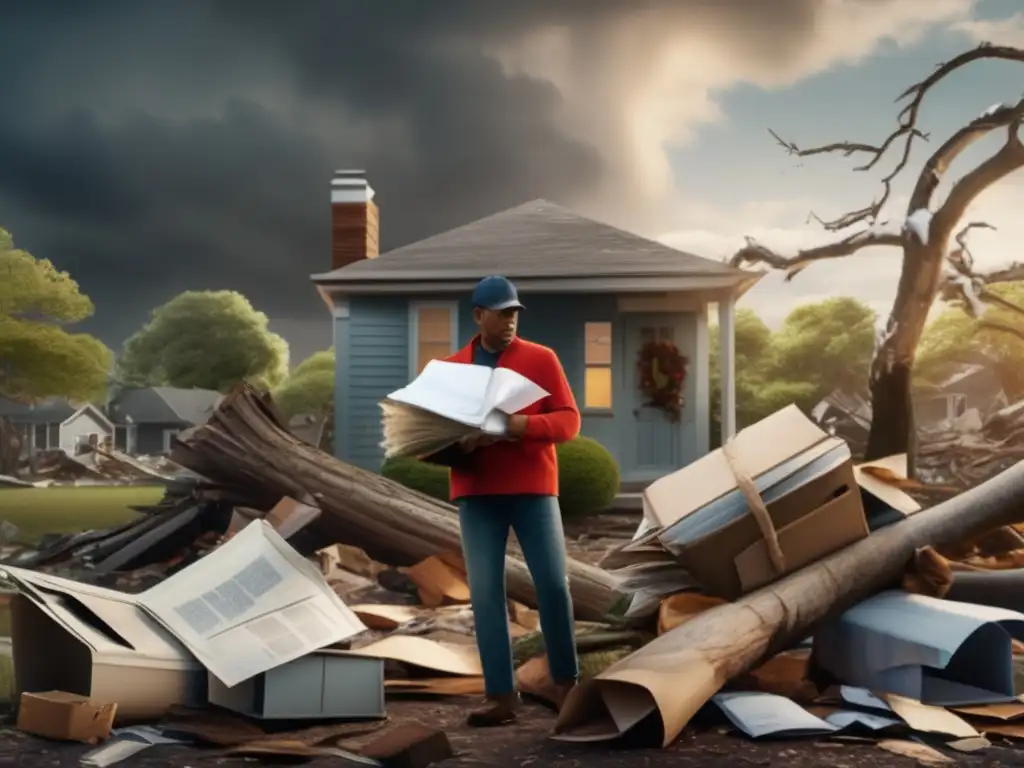 Postal Services: Receiving Mail After A Hurricane
Postal Services: Receiving Mail After A HurricaneIf you want to discover more articles similar to Community Storytelling: Sharing Experiences After A Hurricane, you can visit the Hurricane recovery: category.
Leave a Reply

Articulos relacionados: